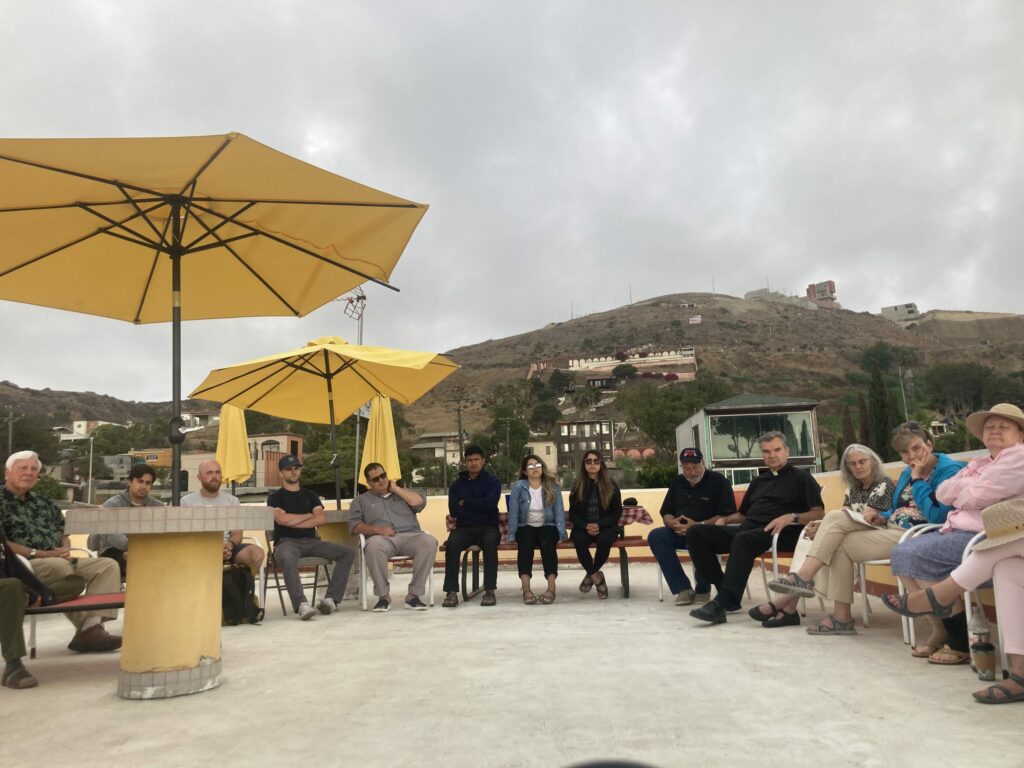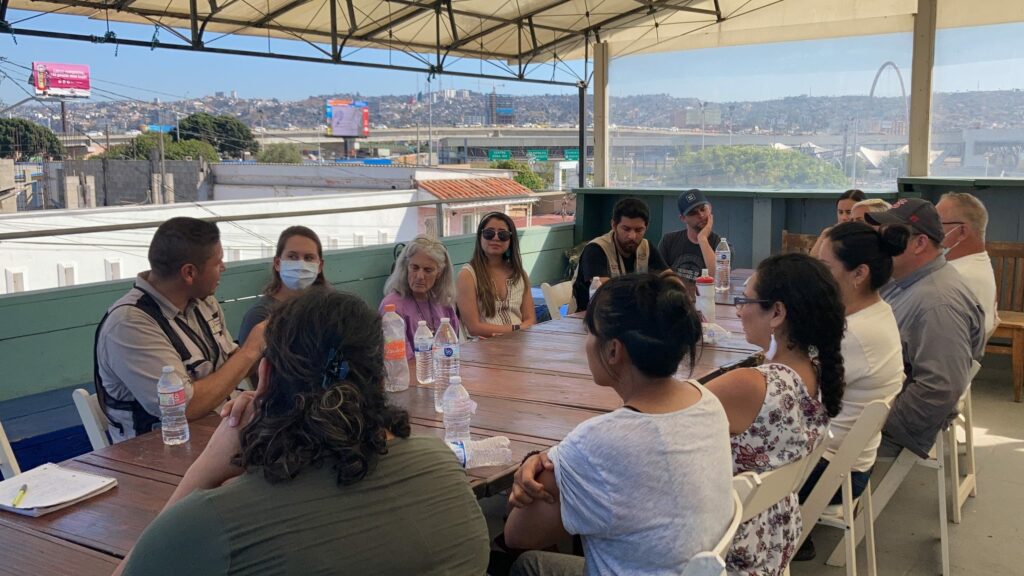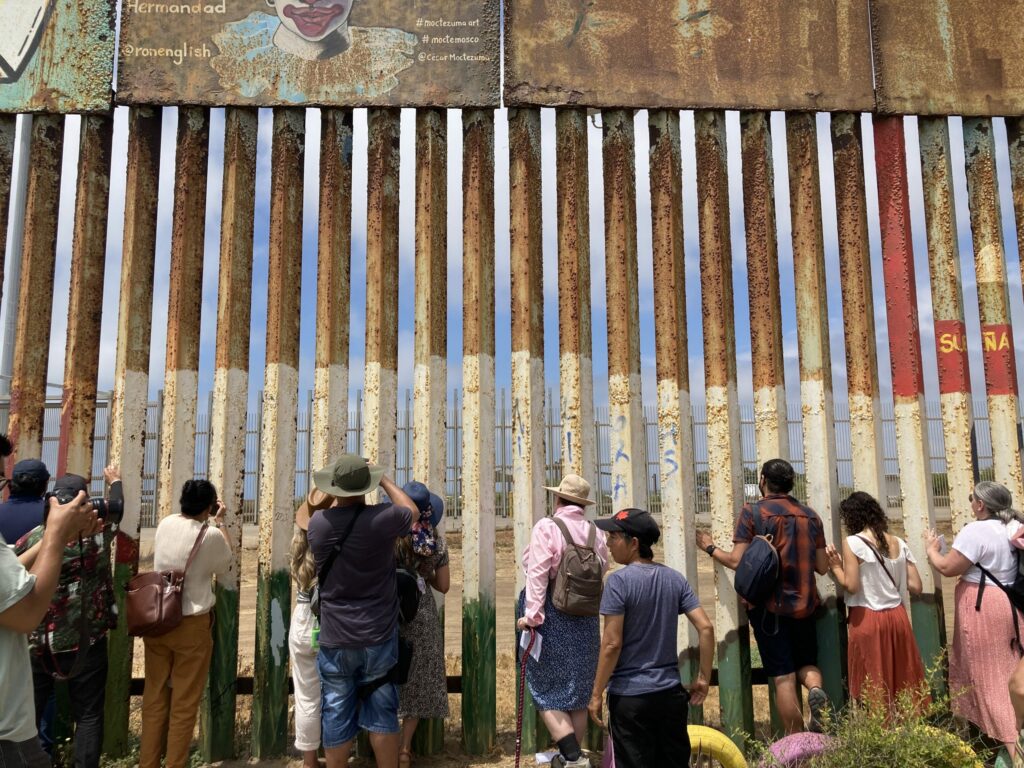This entry was written by Jessie Tappel, LPC, ACS, assistant for the Master’s in Clinical Mental Health Counseling Program and a graduate of the Master’s in Clinical Psychology program.
This summer, a group from the Center for Trauma and Resiliency Studies (CTRS) traveled to Tijuana, Mexico, for an immersion and educational experience, which allowed us to work with local communities to provide training and education in the field of trauma. Tijuana is a city in Baja California, Mexico, that is typically known as a migration hub, along with having a strong influence on education, manufacturing, and culture.
CTRS partnered with the organization Via International, a global group with the mission of engaging leaders across borders to promote sustainable development in under resourced communities. This two-week partnership provided our team insight into the diverse communities of Tijuana and the various needs of the residents. To create a long-lasting effect in these communities you must share and participate directly in the lives and systems of the communities. Directly learning from them is a large part of the mission, and one that is parallel to the field trauma work that the CTRS engages in on a world-wide scale.
Our team worked in a variety of settings and populations over the two-week period. We engaged with various migrant shelters, with deported veterans, with a group from Psychologists without Borders, a local children’s hospital, a medical clinic, and with people who have been displaced and living at the border, known as “El Chaparral.”
The group of 23 students and professionals on the trip included myself (assistant for the Master’s in Counseling program), Dr. Benjamin Keyes (director of the CTRS), and Dr. Kathy Averson (of Regent University). During the two weeks, we gave presentations and trainings on various aspects of trauma. For many, understanding the impact of grief and loss, compassion fatigue, and how to work with families and children who have been traumatized provides an educational foundation to grow the infrastructure of their own programs and better serve the community needs.
Personally, it was very powerful to witness the direct suffering of the migrant population at the hands of violence, displacement and situations of complex trauma. We work in the field to listen to their stories and give them an opportunity to be heard in their trauma. Teaching skills is not the only goal of our field work; but we aim to truly engage them at a human level, to listen, and to care for their psychological and emotional needs in the moment.
The DMU students who participated in the two-week immersion received 100-120 direct hours with 20-30 hours of supervision, which can be applied to their Clinical Traumatologist certification through the Green Cross Academy of Traumatology. For more information on the Center for Trauma & Resiliency Studies, visit https://divinemercy.edu/ctrs.





